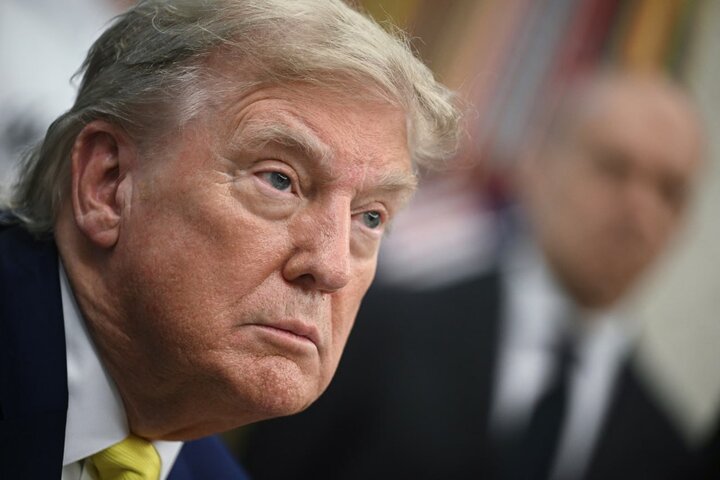
Experts from the Russian consulting company Yakov and Partners studied the current situation and prospects for the development of generative AI in the BRICS countries as of November 2024. According to the results of the study, by 2030 the expected realized economic potential from the implementation of generative AI technologies in the states of the association may amount to $350-600 bln, the report said, TASS reported.
According to analysts, by that time the full economic impact of the implementation of generative AI models in the economies of the association’s countries may amount to $0.9-1.4 trillion, which is about 20% of the total economic impact of AI in these countries.
The BRICS group of emerging economies has welcomed 2024 by officially adding five developing nations.
In 2024, the BRICS economic alliance has flourished. In what was undoubtedly a year of growth, the bloc fast-tracked a host of initiatives. Those range from its de-dollarization plans to its first-ever expansion bid. The latter of which is finally set to be made official.
Indeed, the BRICS alliance has welcomed 2024 by officially adding five expansion nations to its ranks. Specifically, it introduced Saudi Arabia, the UAE, Iran, Egypt, and Ethiopia to be the first countries to constitute expansion since South Africa was added more than a decade ago.
The expansion is set to have massive geopolitical ramifications, as they could be hugely important to its multipolar goals.
MP/






